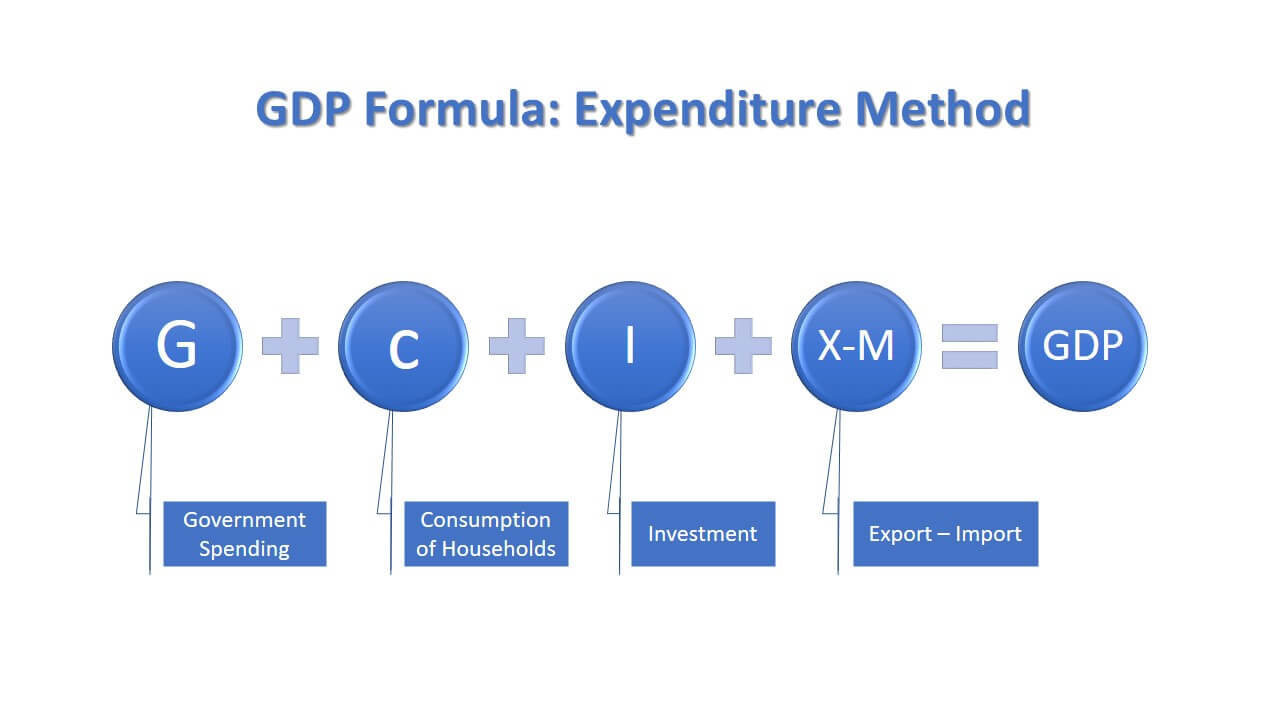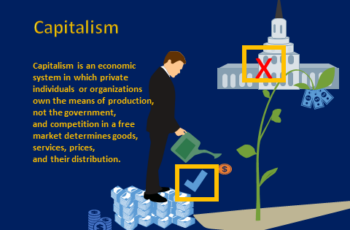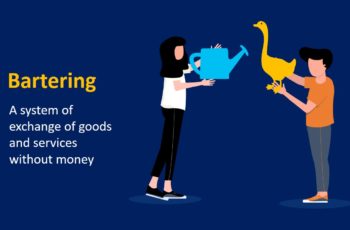What Is Wealth?
Wealth in economics is the total value of assets in a nation. An asset is something that has value, and you own and control it, such as a car.
An asset can be a fixed asset or a current asset. A fixed asset is that asset that lasts longer than one year, and a current asset is that asset that lasts shorter than one year.
Generally, fixed assets are a sizeable portion of a worker’s wealth, such as a house, land, and car. On the other hand, the current assets will compose a small piece of a worker’s assets, such as clothes and stationery.
Net Wealth
Net wealth is the difference between all of your assets and debts. For example: consider that you have a car, house, and a bitcoin mining farm and all of these assets are worth $1m. At the same time, you borrowed $200k that you have not paid yet. Now your wealth is $1m, and your net wealth is $800k ($1m-$200k=$800k).
And, the wealth of a nation is the total wealth of all nationals in a country.
Types of Wealth in Economics
Generally, there are three categories of wealth: personal properties, monetary savings, and investments.
Personal Properties
Your personal properties refer to your essential assets for living, such as automobiles, homes, and laptops. These things are necessary for a healthy lifestyle.
Monetary Savings
Monetary savings refer to the unexpended portion of your income kept in a bank or pocket. It is necessary to have savings for unexpected events such as job loss and health issues. Not saving is a big risk in a volatile society.
Investments
Investment is the purchase of an asset for the purpose of wealth creation. A person can invest in the financial market, buying instruments, such as bonds, stocks, and financial contracts. Or, invest in a business that produces goods (for example manufacturing chips) or provides services (restaurant and barbershop).






